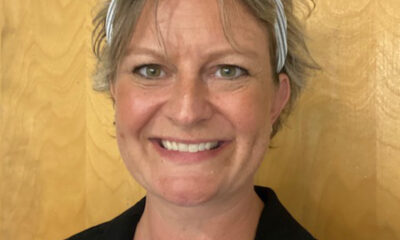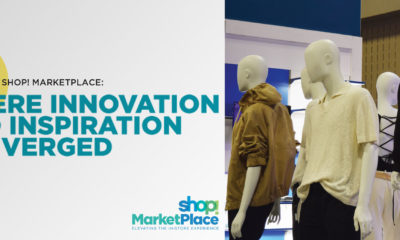Q: Covid changed the rules about “going to work.” People were suddenly reexamining what was important and gave life meaning. And, it seemed, working at a retail store came to symbolize that lack of meaning.
A: Once again, the perception of retail jobs as mere backup plans or last-resort options reared its head. Navigating the Covid years transformed the retail landscape dramatically. For many, it meant facing abrupt closures with nowhere to turn, while others found themselves on the front lines, braving risks to keep the doors open and serve the community amidst unprecedented challenges.
Q: And so you wrote a book entitled “Retail Pride.”
A: Absolutely, my conviction in this idea runs deep. It’s striking how seldom we hear ‘retail’ and ‘pride’ in the same breath, and I’m on a mission to flip that script. We’re talking about intricate multi-million-dollar businesses … all united by their commitment to crafting unforgettable experiences for the public. And yet, we’re still battling the dismissive, ‘Oh, you work at the mall?’ attitude. It’s time we shift the narrative, celebrating and championing the incredible individuals who breathe life into these spaces.
Q:Where do you think that all began?
A: Retail has always embodied a profound pride in service. My leadership journey began through the ’80s and ’90s that coincided with a golden era of retail growth, guided by visionaries like Mickey Drexler. During this time, it was common to witness these icons in action, walking the store floors, perfecting operations, and having real talks with the team. However, the early 2000s brought a pivotal change, with crucial decision-making powers shifting to investment partners.
Q:We went from an industry of merchants to an industry of accountants.
A: Yes, and they often underestimated the complexities and demands of running a store at the ground level.
Advertisement
Q: Why was The Gap so influential in your thinking?
A: It was a time before e-commerce when a retail giant that drew all its revenue from physical stores understood something vital: the stores themselves and the dedicated people powering them were its most invaluable assets. This recognition fostered a culture deeply rooted in pride.
Q: One you’ve absorbed well.
A: In my most recent role as Vice President of Stores at Intermix, I frequently visited stores with my HQ team. This immersion reshapes your understanding of the industry. Teams crave more than just motivation; they seek a platform to highlight daily operational challenges. Such interactions do more than uplift spirits and instill pride; they’re profoundly beneficial for executives to see and feel.
Moonshine over California
Q: You were born in California. How did your family emigrate to the West Coast from Europe?
A: It all started with the 1849 Gold Rush.
Q: They were prospectors?
A: Actually, they were moonshiners, catering to the prospectors’ needs amidst the burgeoning saloon scene in what’s now Union Square.
Q: So, thus, your retailing background?
A: [Chuckles] In a way, yes. My real introduction came from my grandfather who established a construction firm that built numerous Safeway stores across the West Coast during the ’70s, ’80s and early ’90s. Joining him on site visits, I observed his genuine connection with every worker, alongside his deep appreciation for their contributions. His exemplary leadership profoundly influenced me, leaving an indelible mark on my approach to business.
Advertisement
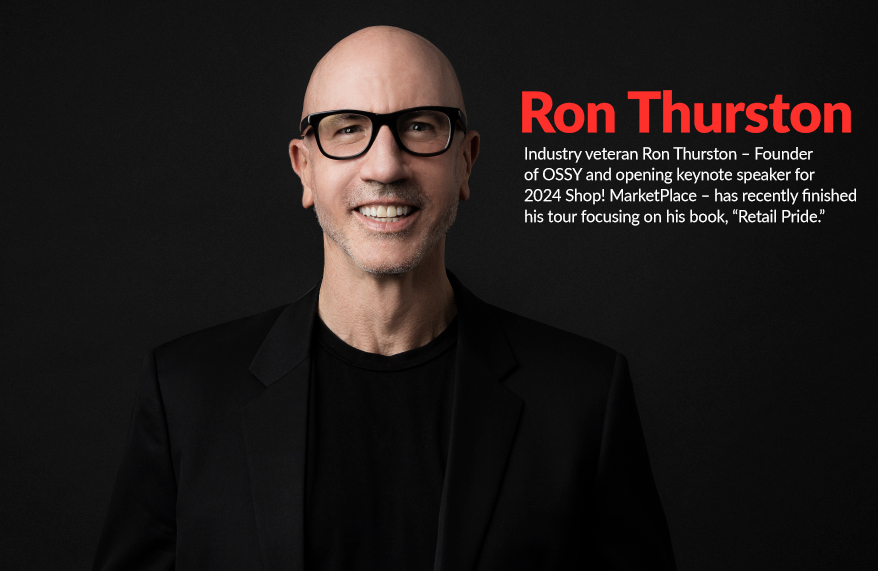
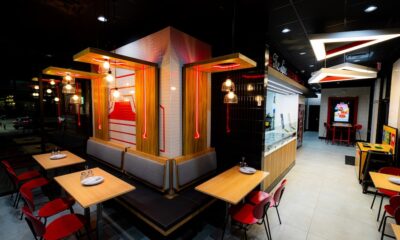
 Headlines1 week ago
Headlines1 week ago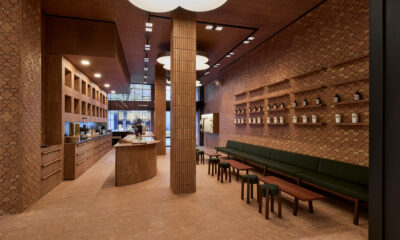
 John Ryan2 weeks ago
John Ryan2 weeks ago
 Headlines7 days ago
Headlines7 days ago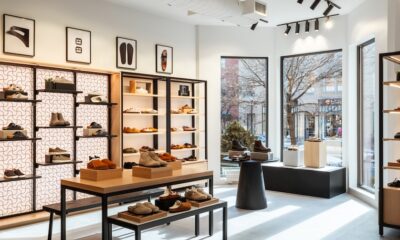
 Headlines2 weeks ago
Headlines2 weeks ago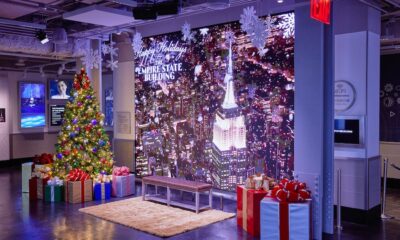
 Headlines1 week ago
Headlines1 week ago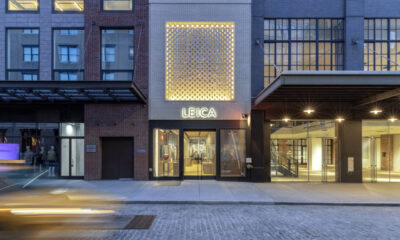
 Retail Buzz3 days ago
Retail Buzz3 days ago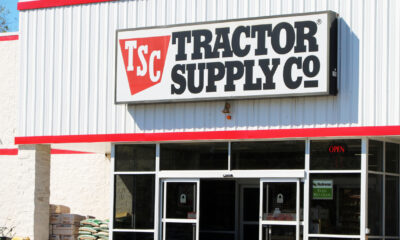
 Headlines1 week ago
Headlines1 week ago
 Headlines1 week ago
Headlines1 week ago




